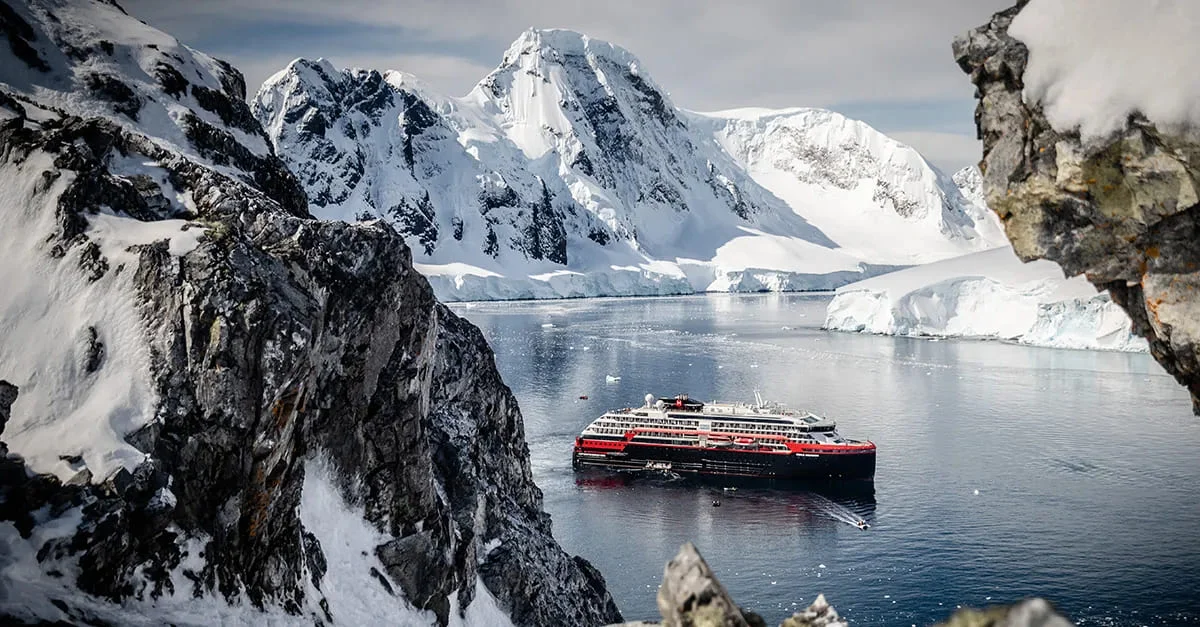
The scientific way to experience Antarctica | Travel News
Produce sourced from South American farmers, electric Zodiacs, and citizen scientist guests all reflect the strong environmental commitment at the core of every voyage organized by this cruise specialist.
“We practise what we preach,” says Tudor Morgan, vice-president of sustainability and industry relations.
“We strive to be as sustainable as possible, investing in initiatives that have a positive environmental impact and reduce our own footprint. Small actions add up.”
Morgan, whose passion for mountain wilderness began with childhood visits to Wales, emphasizes the importance of making the fleet as eco-friendly as possible. The company has constructed the world’s first hybrid-powered expedition ships and equipped the rigid inflatable boats used to ferry passengers to stunning landing sites with electric motors.
The company also supports communities in the ports it visits, sourcing all produce for its Antarctic season from Argentina and Chile. “We’re not just reducing food miles; we’re supporting local economies while serving excellent food on our voyages.”
Morgan's current role builds on his extensive experience in polar regions, from guiding youth expeditions in the Arctic to working with the British Antarctic Survey, which realized his childhood dream of visiting Antarctica.
Recognizing the delicate beauty of Antarctica – “it’s so remote, so raw: visiting it is as close to space travel as possible on Earth” – Morgan chose to join a company that makes a difference and provides guests with a sense of purpose.
The world-leading Science & Education Programme, managed by Dr. Verena Meraldi and her team, immerses guests in the natural world. As citizen scientists, they assist in collecting data on wildlife and support research projects worldwide. This involves recording observations during remarkable encounters with whales and penguins, listening to onboard scientists, or examining newly collected phytoplankton samples under a microscope.
Morgan and Meraldi are working to enhance the programme by improving educational materials provided before voyages and data follow-up after trips. They are also building long-term partnerships with scientists in Greenland and Iceland.
These initiatives contribute to making voyages both memorable and impactful. Whether it’s witnessing a pod of humpback whales bubble feeding or kayaking past grand icebergs, these experiences often lead to the heartfelt declaration: “This really is the best day of my life!”
